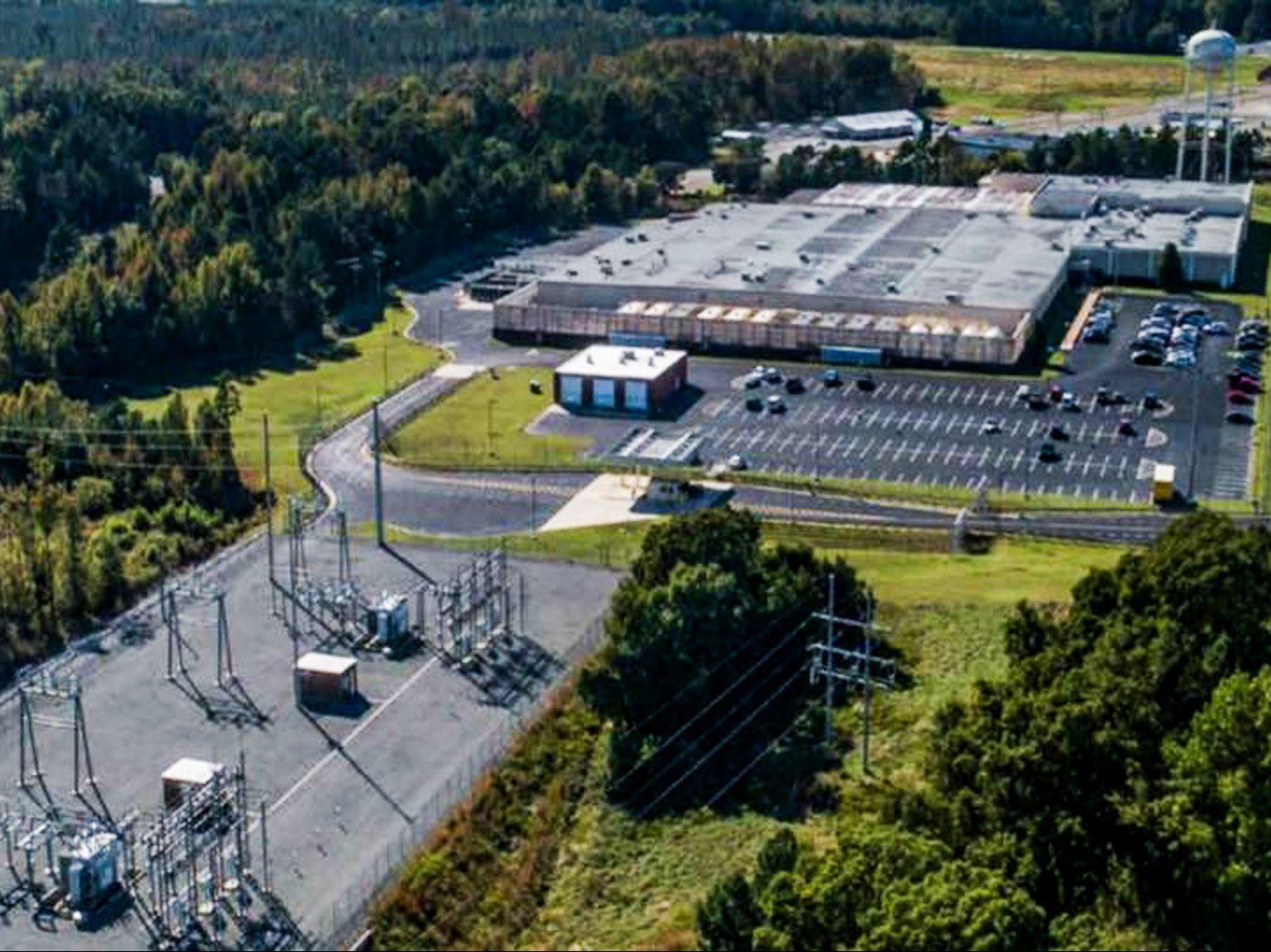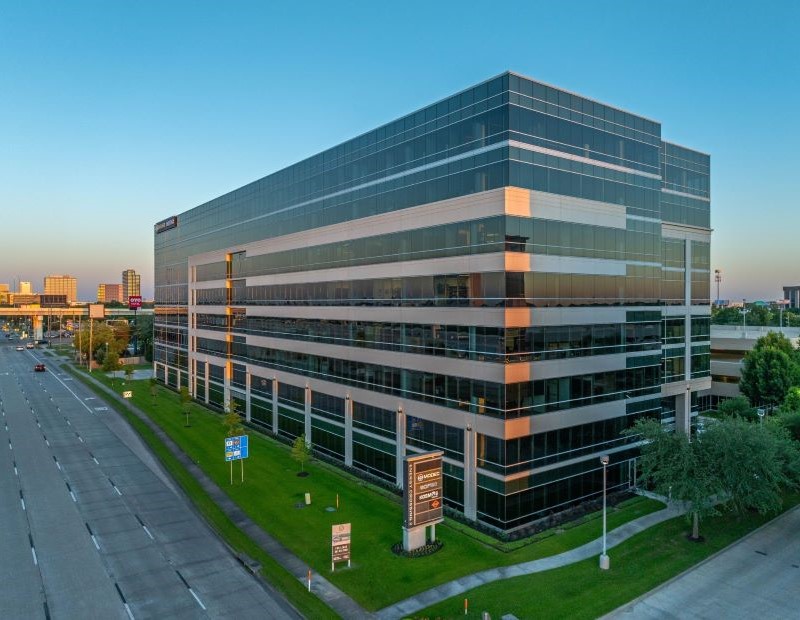Economy Watch: Tech Impact on Office Space Stronger Than Ever
As mobile devices, videoconferencing and other technologies become more commonplace, organizations are increasingly thinking about how they can connect their employees more effectively in the office environment, according to CBRE's latest Global Prime Office Occupancy Costs report.
By Dees Stribling, Contributing Editor
 Technology is now the main catalyst of change in the workplace, as mobile devices, virtual networks, videoconferencing and cloud storage have all come of age, according to CBRE Research’s latest Global Prime Office Occupancy Costs report.
Technology is now the main catalyst of change in the workplace, as mobile devices, virtual networks, videoconferencing and cloud storage have all come of age, according to CBRE Research’s latest Global Prime Office Occupancy Costs report.
Companies increasingly are using sophisticated technology offerings as a way to attract and retain talent in a competitive hiring environment, the report noted. Employers are tasked with creating a user experience—in part through technology—that makes employees more efficient and effective, and turns the office into the preferred place to work.
Technology is also being used by space occupiers to understand and manage their occupancy patterns in sophisticated ways. The overarching goal is to create an environment that maximizes employee efficiency.
“One of the coolest things we see organizations doing today is thinking about the opportunity to connect people more effectively,” said Lenny Beaudoin, leader of CBRE’s global Workplace practice, in a statement about the report. “A building is inherently a social network, and predictive technology can be used to connect people working on similar projects, connect people to space and connect people to services that help them make more efficient use of their time.”
Health and wellness is also a growing trend in workplaces across the globe, the report explained. Technology related to health and wellness, such as wearable fitness trackers, apps and social network platforms, is growing in usage. These platforms are making health and wellness more interactive—and maybe even fun—for employees, while allowing companies to better understand the effectiveness of their programs.







You must be logged in to post a comment.